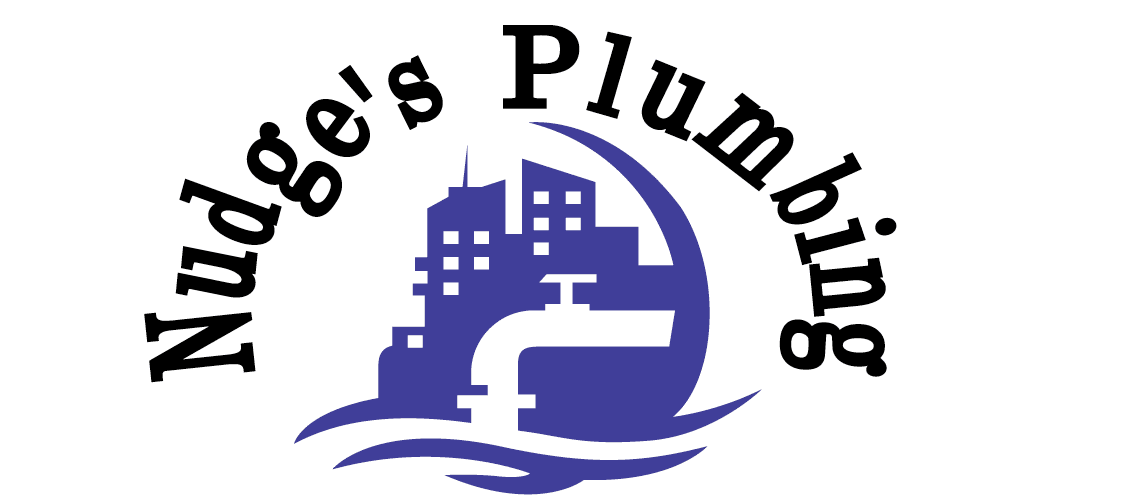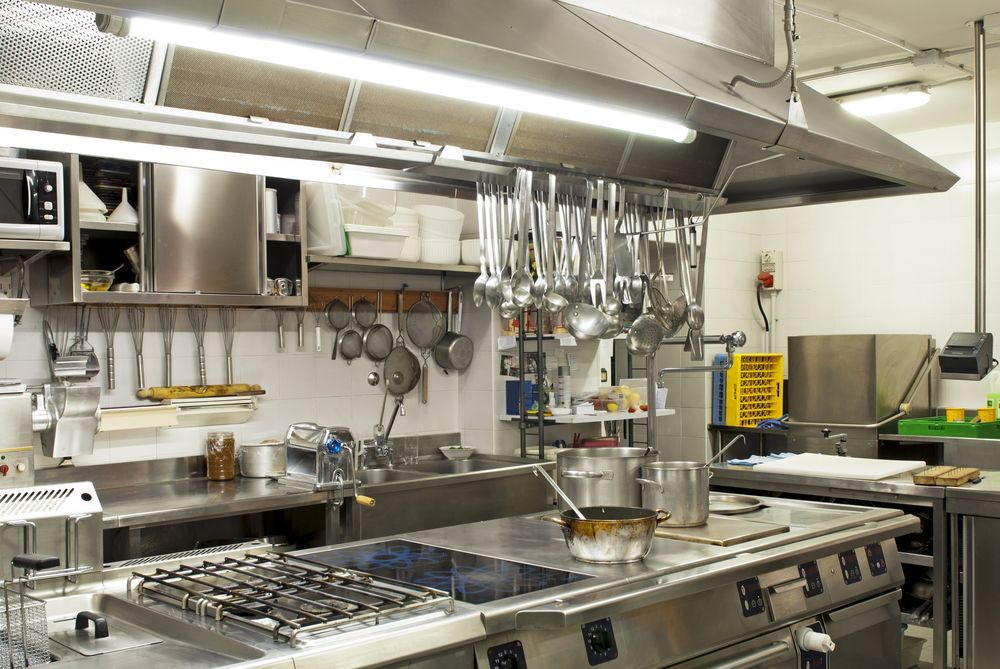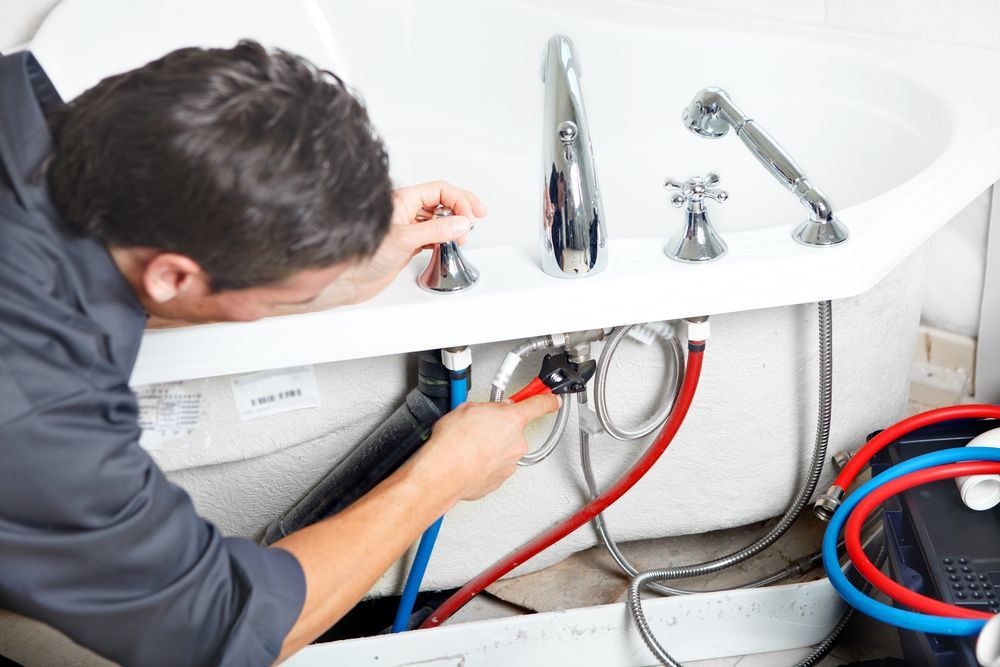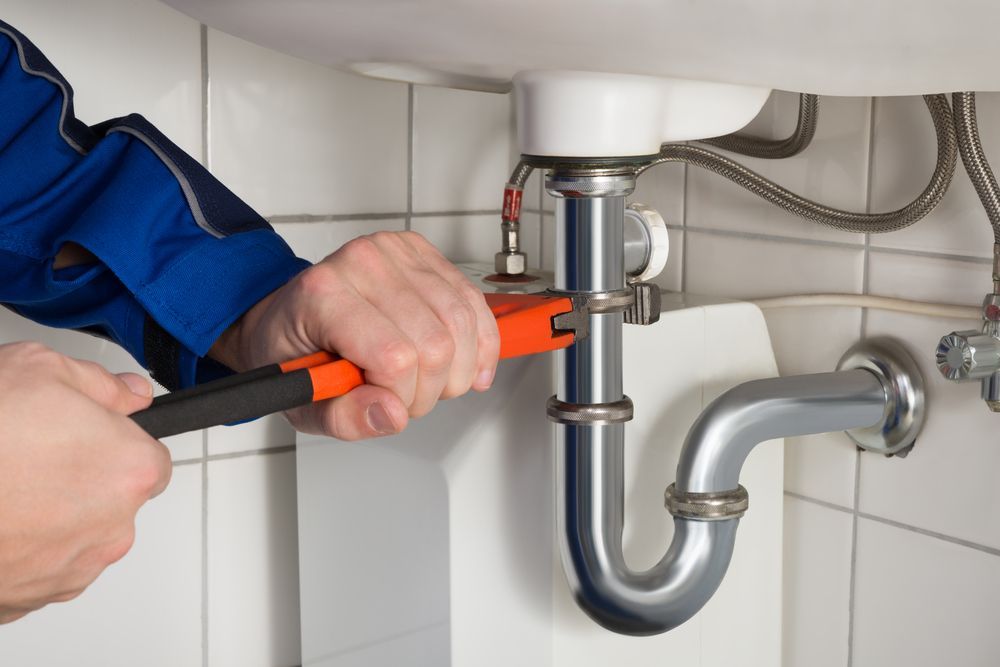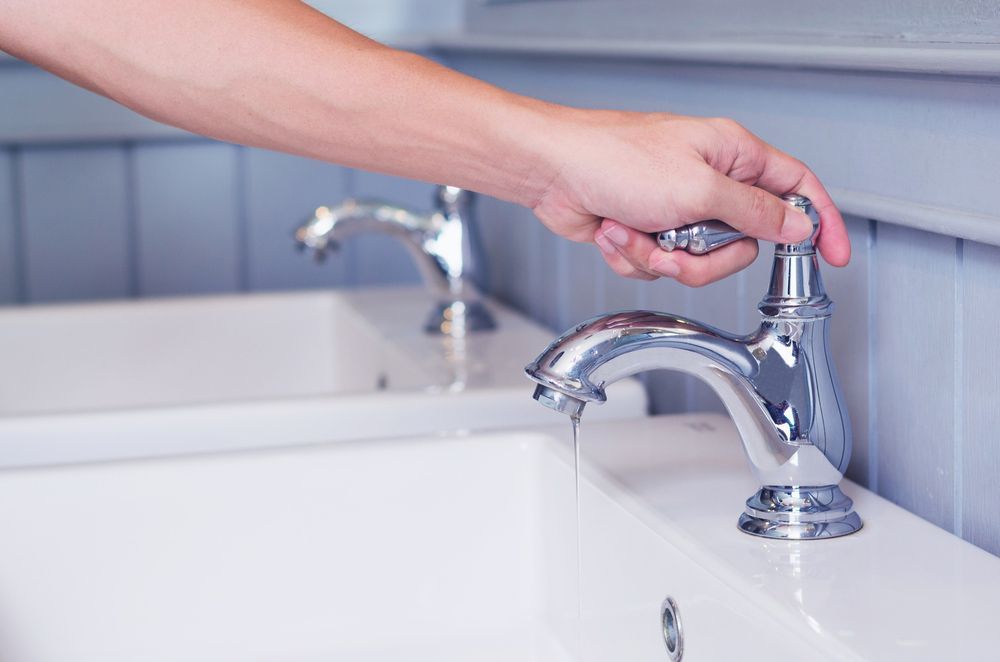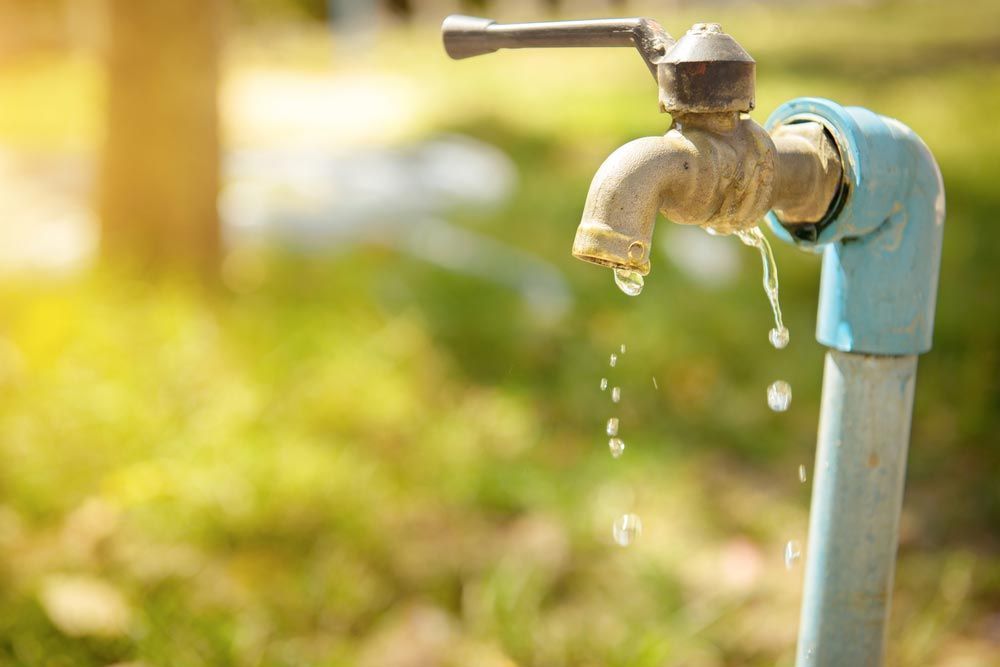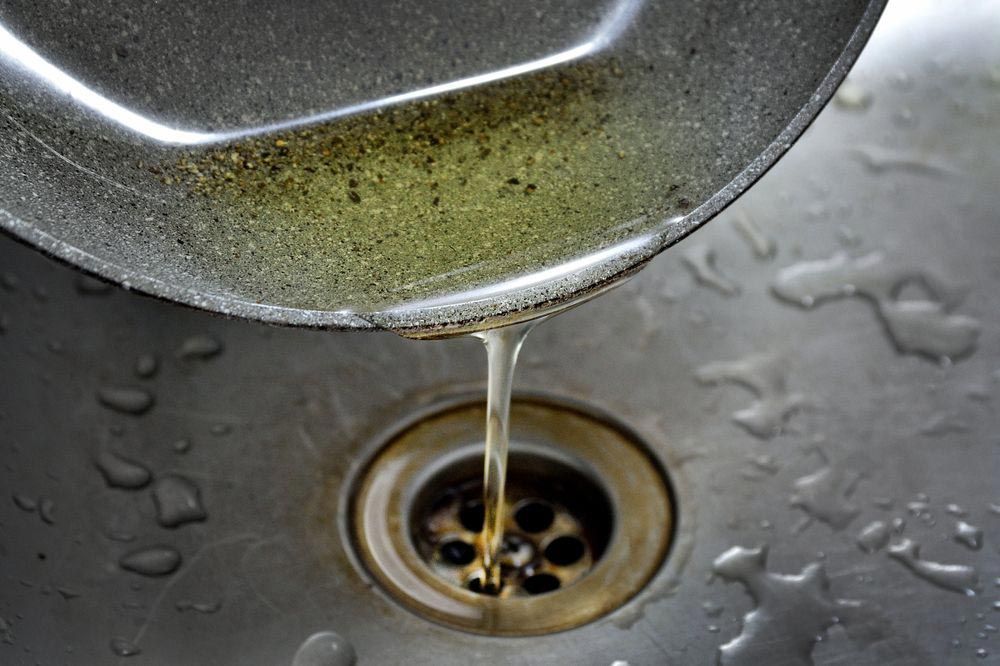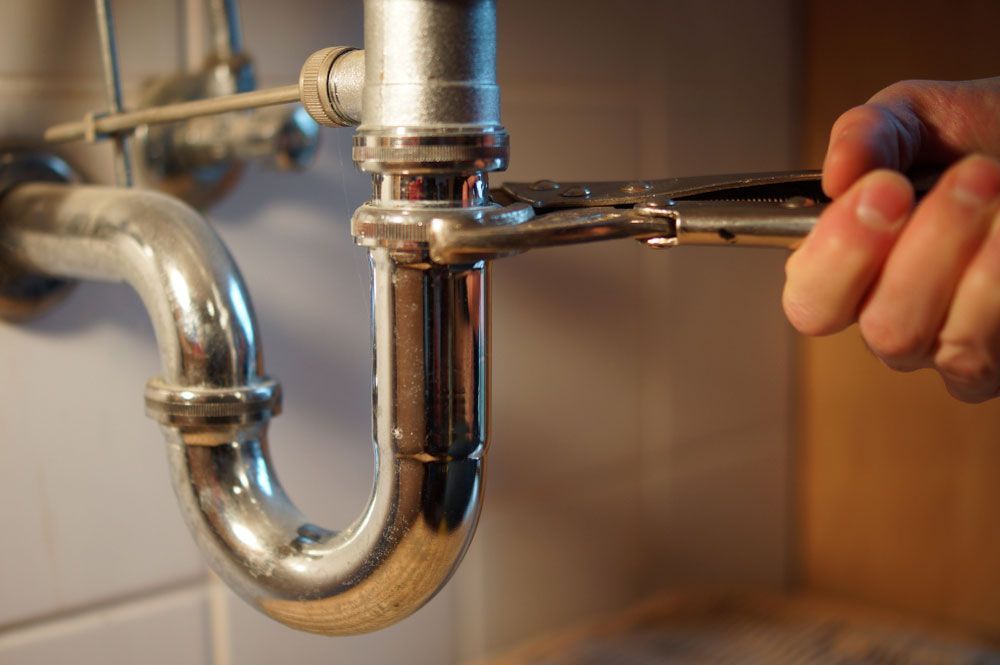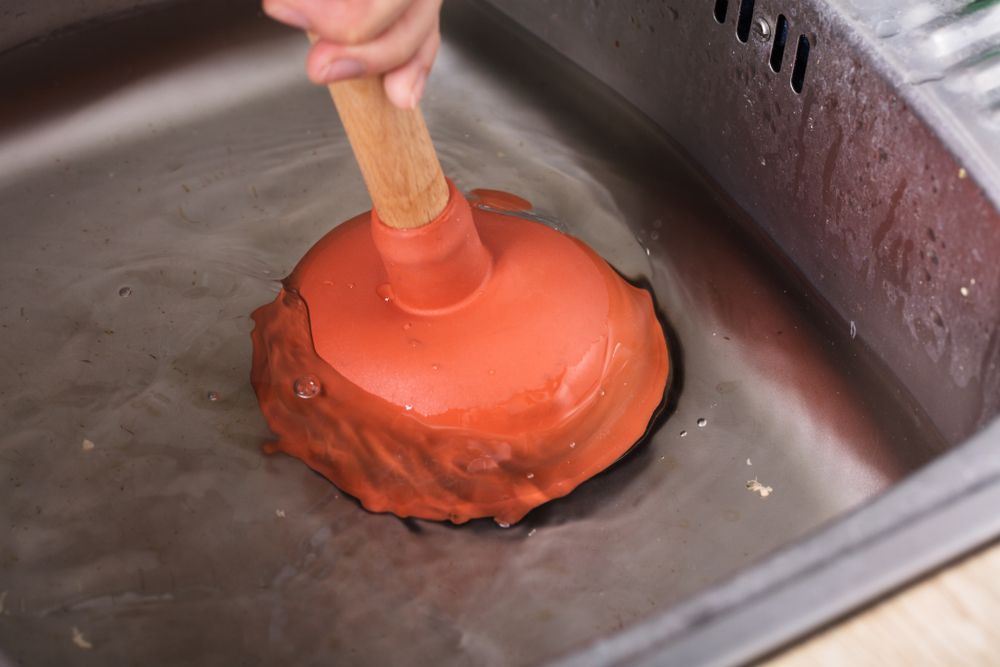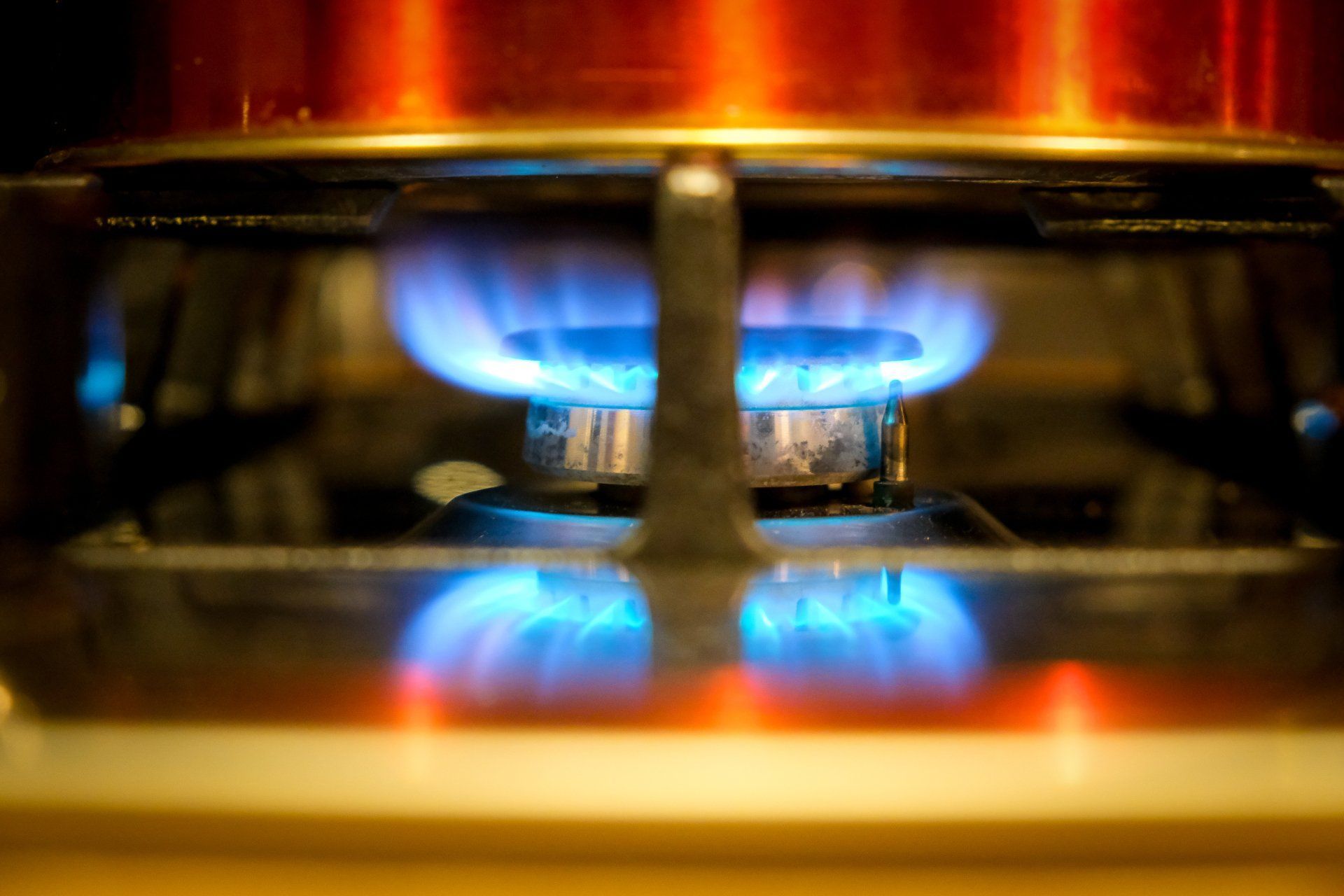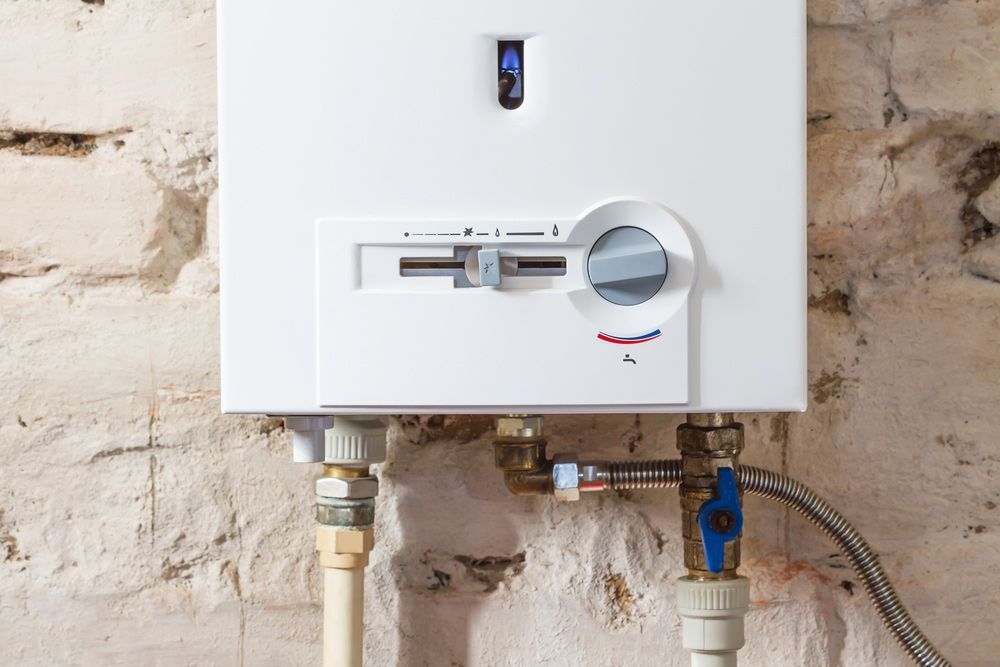Gas Fitting vs Plumbing: Know the Difference
If you’ve ever wondered whether you need a gas fitter or a plumber for that tricky home issue, you’re not alone. Many people confuse the roles, assuming that plumbing and gas fitting are the same. In reality, these two trades, while related, have distinct responsibilities, skills and certifications. Understanding the differences can save you time, effort and potential hazards.
In this blog post, we’ll explore the main differences between gas fitting and plumbing. From the qualifications required to the tools of the trade and common emergency scenarios, we’ll give you a clear breakdown of what sets these professionals apart.
Certifications Required for Gas Fitters vs Plumbers
Both plumbers and gas fitters are highly trained professionals, but their certifications and licences differ significantly.
Plumbers:
- They are trained to install, repair and maintain water, drainage and waste systems.
- They can also be certified in additional specialisations, like gas fitting, roofing or drainage.
Gas Fitters:
- A separate licence or certification beyond plumbing qualifications is required.
- Must have experience working with gas systems, including installing gas appliances and repairing gas lines.
- Are required to adhere strictly to Australian gas safety standards.
Tools of the Trade: What Sets Gas Fitters Apart
While plumbers and gas fitters may share some tools, the equipment they use daily differs due to the nature of their work.
Plumbers’ Tools:
- Pipe wrenches and spanners for working with water pipes.
- Plungers, augers and drain cleaning equipment are needed to deal with blockages.
- Leak detection devices that identify issues in water systems.
Gas Fitters’ Tools:
- Pressure gauges to test gas flow and pressure.
- Gas leak detection devices that are sensitive enough to pick up even the smallest leaks.
- Specialised pipe cutters and threaders designed for gas lines.
Emergency Situations: Gas vs Water Leaks
Acting quickly is essential in emergencies, whether it’s a water or gas leak. However, how you respond to these situations depends on the type of leak.
Water Leaks:
- Water leaks are more of a nuisance than a danger in most cases.
- You’ll often notice wet patches, mould or a sudden spike in your water bill.
- Turn off the water supply to the affected area and contact a plumber.
Gas Leaks:
- Gas leaks, on the other hand, are extremely hazardous. Gas is flammable and toxic, so if you smell gas, turn off the gas supply.
- Open doors and windows to ventilate the area and avoid using electrical appliances or open flames.
- Leave the premises and call a licensed gas fitter to assess the situation.
Connect with Our Team for Reliable Solutions
At Nudge’s Plumbing, we are committed to providing top-tier plumbing and gas fitting services tailored to meet the needs of our community. We understand the challenges posed by maintaining efficient and safe gas and plumbing systems, especially in our unique local climate. If you’re facing any issues or just need routine maintenance, we’re here to help. Get in touch with us via our contact page or give us a call for more information.
Site Links
Locations We Service
Plumbing Services
Contacts
T. 02 6885 6657
ABN: 17 135 690 685
NSW Fair Trading 223047C
Trading Hours
- Monday
- -
- Tuesday
- -
- Wednesday
- -
- Thursday
- -
- Friday
- -
- Saturday
- Closed
- Sunday
- Closed
